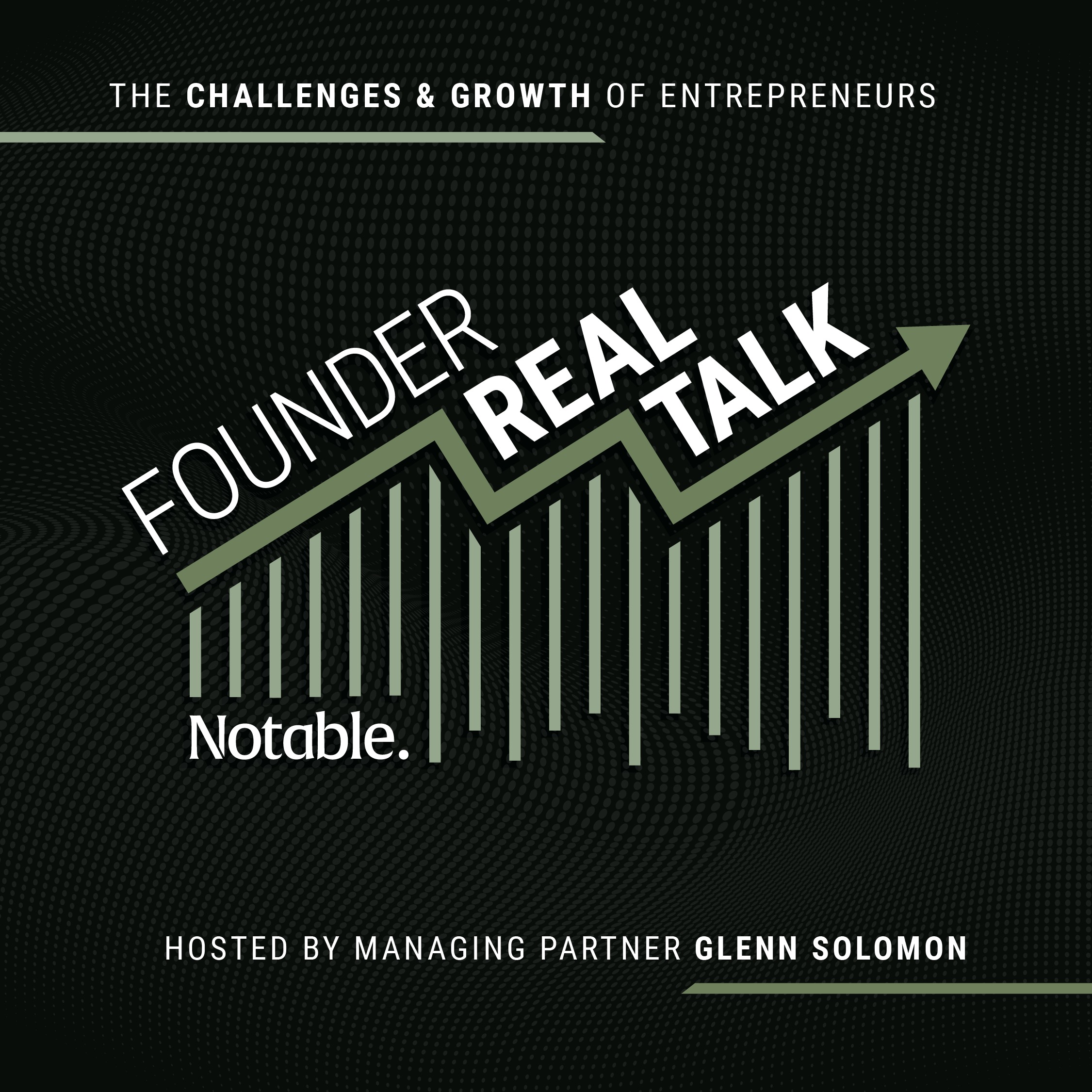
Rich Waldron, CEO & Co-Founder of Tray.io, on Managing from Startup to High-Growth with His Two Best Friends

Founder Real Talk
Shownotes Transcript
Rich Waldron is the Co-Founder and CEO of Tray.io, a next gen workflow and integration technology company that allows automation of business processes without IT. Tray puts the power in the hands of non-technical users or “citizen automators” to quickly integrate the myriad cloud solutions that every company runs today to easily build and streamline bespoke workflows.
In this episode, we learn how Rich and his two co-founders and lifelong friends, Ali and Dom, built a competitive product and high growth company with customers the likes of Lyft Forbes and New Relic. Rich explains how Tray has leveraged London and SF offices to define and maintain a strong company culture and shares tips for founders who are fundraising.
Episode Highlights:
01:43 How did you decide to come together with your co-founders and what problem were you guys trying to solve initially? 03:43 How and why did the vision for the company expand beyond just email? 07:01 In the beginning, did you raise very little capital by design or was a result of a difficult situation? 15:24 How does the team stay in sync across offices in two continents? 18:15 What problems are your customers are having and why do they use Tray? 20:06 Do you feel Tray is part of the “low code, no code” movement”? 22:06 How do you rise above the noise in the market and handle your competition? 24:03 Why do you think Tray has hit on such a tremendous growth curve in the market? 25:24 How has word of mouth enabled Tray to grow rapidly? 26:16 What are you noticing to date as the difference between serving mid-market type customers and larger enterprise? 29:22 As your team grows, how are you trying to maintain the team spirit that you built with your co-founders? 30:56 How did you make the decision to raise early when the market gave you the signal that it was ready to invest? Any tips for others who are working with VCs? 35:40 How do you think about the future and what are you trying to accomplish? 39:33 What’s your recommended reading for other founders? 43:22 What’s your top piece of advice that you've gotten as a startup founder that you you would like to give to others?
